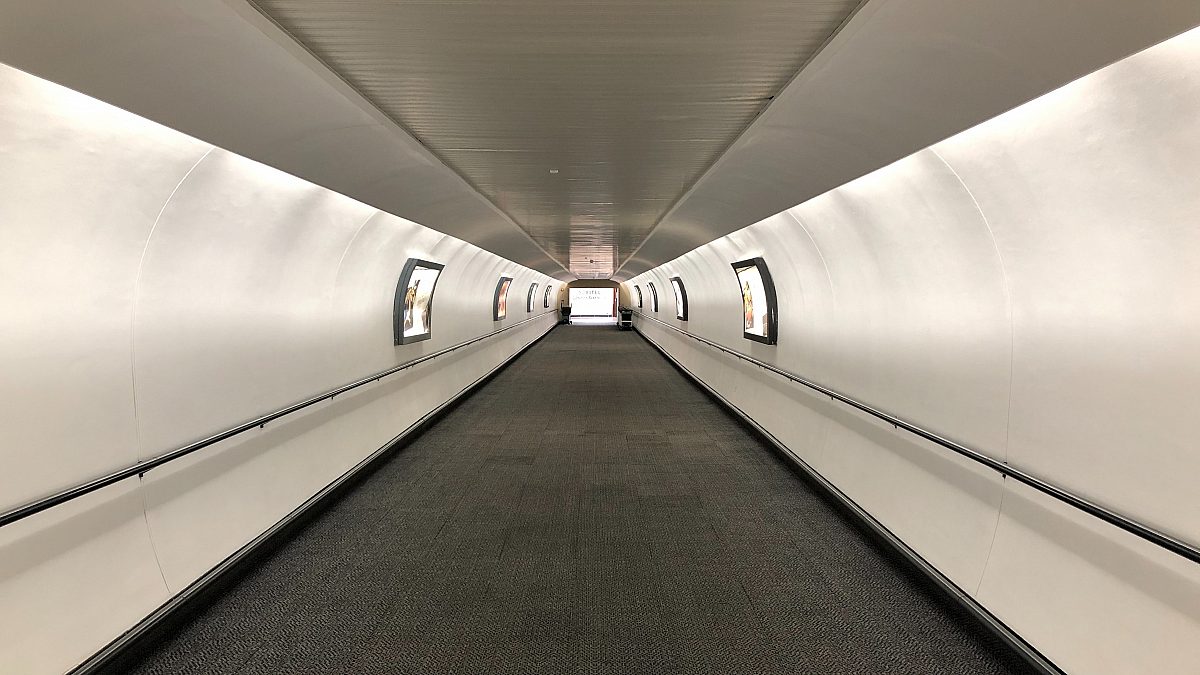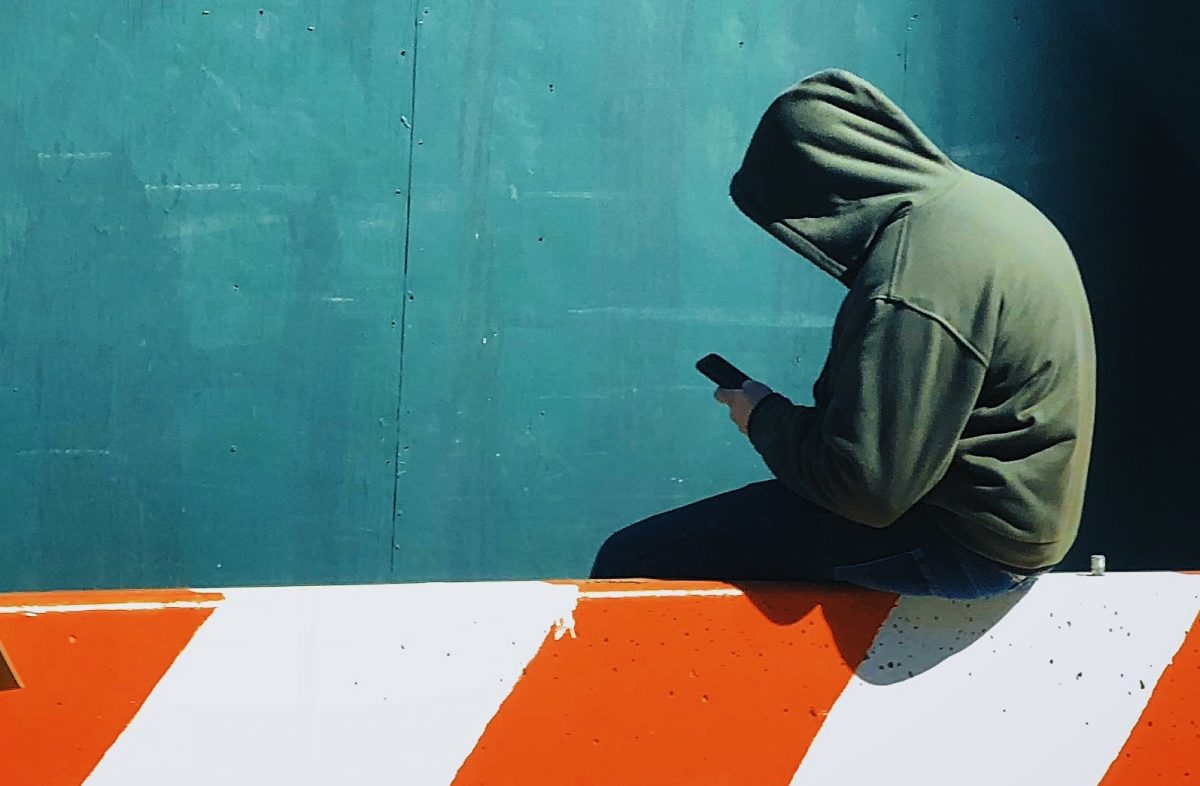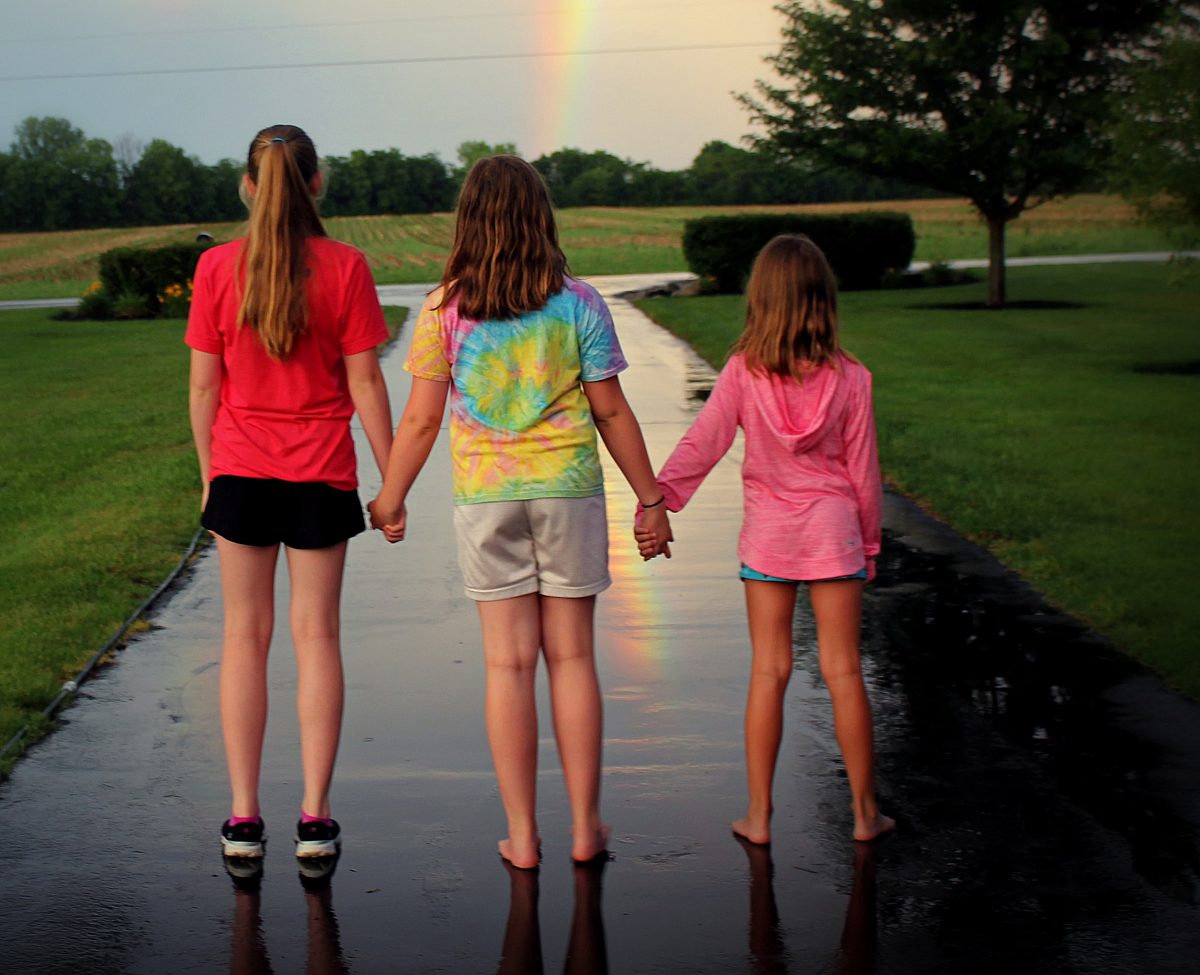
Here for you 24/7,
Remain anonymous, call 116 000 in a masked number. It's free and confidential.

Staying
- If I am travelling, I keep in touch with a relative from a distance.
- I keep an eye on the food and drinks that are offered to me.
- I don't let myself be lulled by pointless chatter
- I stay alert and I observe what's going on around me.
- I evaluate my choices alone and allow myself to change my mind at any time.

Keeping
You may be feeling rebellious, you may disagree, you may be hurt or you may be in more serious trouble...
How do we know if everything is okay?
Please, Call us because we can't just sit back and convince ourselves that everything is fine with you.
If we find out that you are no longer keeping on touch, we will have to act.
We will try to contact you directly.
If necessary, we will publish a report about your disappearance on social media.
Advice from a
When hitchhiking, I probably got into over a thousand vehicles!
98% of the cars drove off without me if the driver and passenger were male and I was alone.
In case of a problem, you must attract attention by any means. Honk the horn, gesticulate when you cross paths with someone.
I think that real criminals are quite rare and that most people are kind and well-meaning.
It seemed important to me to share my experiences with you.

So here's how I encourage drivers to cultivate their good intentions.
- When hitchhiking, I choose my clothes accordingly. For me, being sexy is synonymous with trouble.
- I have already programmed the local police emergency number on a speed dial on my phone.
- I don't put my bag in the trunk, I keep it handy.
- FEAR: if my brain keeps playing a horror movie over and over, I change my plans and don't hitchhike.
- When a driver stops, I don't give him time to wonder where I'm going. I'm the one who asks my question first: "Where are you going?" At that point, I focus on the other person's face (Usually a caring person would looks me in the eye, knows its destination, doesn't need to think). If they ask me the same question, it's a bad sign. I thank them and I leave. Any hesitant or evasive answer such as "I’ll go wherever you want" is a very clear signal of danger.
- I make sure I’m in no hurry, as haste has already led me to "trouble".
- When I am alone, I get into a vehicle with one or two people or with a couple with children.
- If I feel apprehensive or afraid, I allow myself to change my mind at any time.
- I take control of the silences. I ask questions about the driver's life, their family and the purpose of their trip but remain discreet about mine. I have time on the way to take a sincere interest in this person.
- For my part, I share memories and anecdotes, but I don't give any specific information about myself (except that someone is waiting for me somewhere).
- I remain alert and observant; I take calculated risks.
- I ask to be dropped off in a well-lit, inhabited location, where it is easy to stop, such as a gas station or in the centre of a village.
THESE GUIDELINES ARE NOT INFALLIBLE - TO HITCHHIKE IS TO ACCEPT TO TAKE A RISK